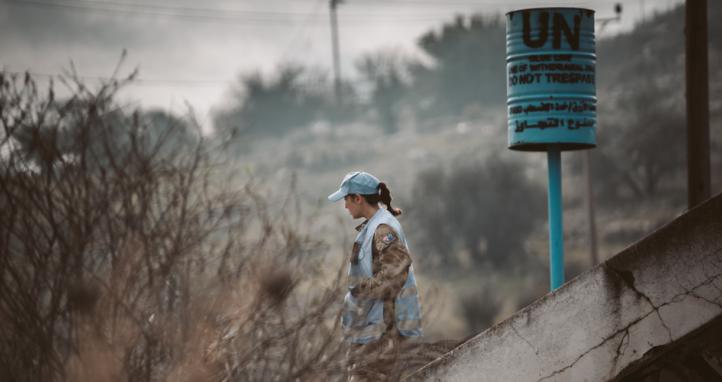This article titled 'On the Folly of Rewarding A, While Hoping for B' by Steven Kerr via The Academy of Management, has been described as a 'classic' article in generating group-based PME discussions for a number of decades within Army. The author uses multiple examples from society to illustrate that human beings seek to understand which activities are rewarded and which are not. Then based on the perceived attractiveness of the rewards offered, we attempt to do (or pretend to do) the things that are rewarded within our organisations, often to the complete exclusion of those activities which are not rewarded. The author suggests that we often offer a reward or incentive system that unintentionally rewards the type of behaviour or action being discouraged. Within the article, it talks about various bodies within society and how they fall in to this trap. Specifically, there is a section dedicated to war and military culture, with a case study on reward systems in World War II versus the Vietnam War. As a team, read the article and reflect on the following to see what ideas exist amongst the group:
- Provide some examples where you think your unit, or the organisation more broadly may be unintentionally rewarding 'A' while hoping for 'B.'
- In an organisation such as the Army where 'lawful commands' can be given and directions that must be followed, how important do you think it is for the Army to invest in rewards systems? Should people be rewarded for doing what is asked of them? Should rewards be limited to optional/volunteer tasks - or do we need incentives for mandatory tasks as well?
- Reflect on the activities and tasks you do that you receive no reward for (think outside the box when considering rewards, i.e. a good performance report which leads to promotion or a job opportunity is a form of reward), how much greater would your enthusiasm be if there was a reward associated with those activities?
- Are the reward/incentive systems that you have in your unit or sub-unit correct? What could be done to improve them (assuming the rewards must be feasible, appropriate and sustainable)?









